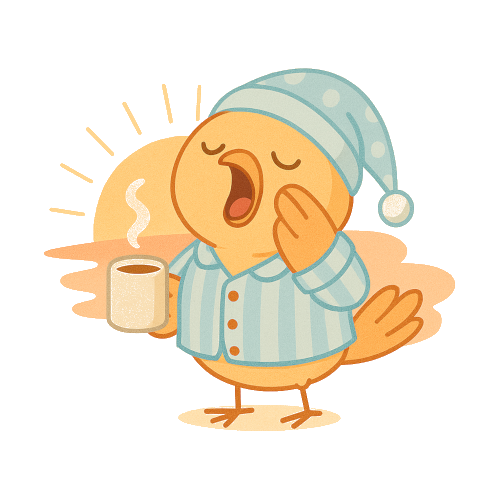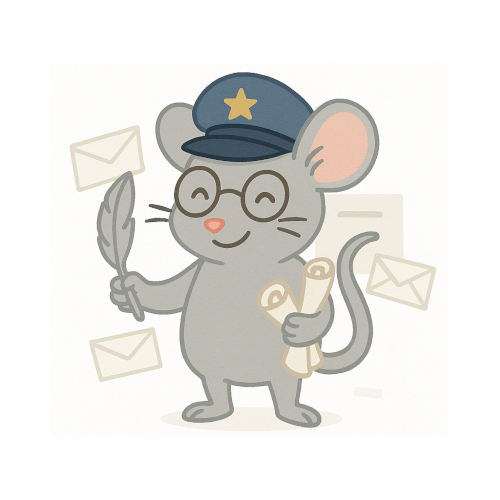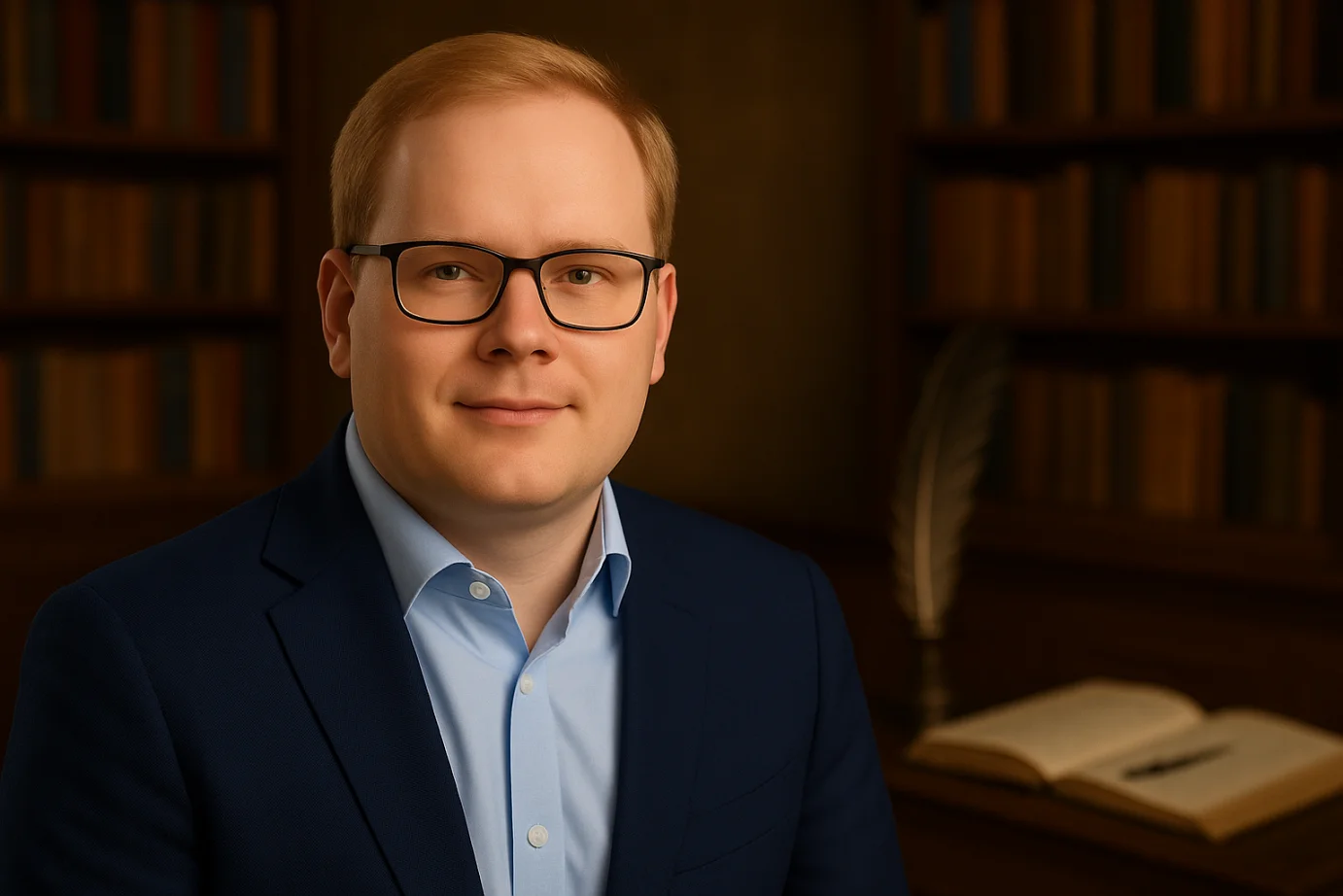Beneath the neon‑tinged panels and anthropomorphic drama of *Moko No Ai* pulses a very human heartbeat—one forged in the crucible of religious trauma and a strict upbringing that shaped Jonathan long before any medical trial. Born and raised in Clarksville, Tennessee, and now residing just outside his hometown in Woodlawn, Jonathan remains rooted in the familiar—always close to home—while carrying its small‑town rhythms into his broader struggles and triumphs. Growing up under the weight of scripture, Sunday services, and parental expectations steeped in dogma, he learned to fear doubt, silence desire, and swallow questions whole. Those early encounters with faith’s rigid boundaries instilled an ache for acceptance so profound that it underpins every decision he makes in the novel. Jonathan intentionally employs anthropomorphic portrayals to reveal the animalistic impulses beneath each character’s veneer—using fur, scales, and creature features as metaphors for their primal emotions and drives.
Though years of dialysis and the hum of medical machinery would later confront him with physical vulnerability, it was the unbreakable grip of his childhood faith that carved the richest emotional terrain. Today, Jonathan identifies as a practicing agnostic, believing we are bound together by our shared humanity above all else—an outlook that informs the story’s gentle insistence on empathy and connection.
Jonathan’s relationship with his biological family provides another layer of tension. All too often, he felt pressured to be the “perfect child,” a burden his parents never fully acknowledged. Although he lent his design know‑how to support his mother’s scrapbooking business—finding camaraderie among the vibrant community of crafters—his religious choices and sexuality eventually cast him as the family’s black sheep. Rynnkynn’s uneasy bond with his parents echoes that same longing for approval and the fear of exposing one’s true self.
Diagnosed with ADHD as a child, Jonathan navigated classrooms and playgrounds with bursts of deep focus and moments of restless distraction, long before widespread awareness or support tools existed. This early diagnosis shaped his learning style and social navigation, inspiring moments in the novel where characters learn to channel both challenge and gift into self‑acceptance.
At the heart of *Moko No Ai* lies Jonathan’s coming‑of‑age odyssey: the sharpie‑scribbled note inside his jacket, the isolation on a crowded school bus, the first trembling messages on clandestine hookup apps. Always eager to please and quick to forge friendships—even when those relationships proved toxic—he learned that trust can both heal and wound. Rynnkynn’s journey mirrors this: a raw impatience to break free from expectation and stake a claim on one’s own truth.
As a queer man, Jonathan’s personal insight fuels his unwavering commitment to LGBTQ+ rights and sexual health advocacy. From launching Syndemic Response Alliance's #PreventionToolbox condom distribution program to leading harm‑reduction workshops across Tennessee, he witnessed firsthand how access to accurate information and stigma‑free services can transform lives. Over the years, Jonathan has collaborated with countless advocacy groups—lending his expertise to initiatives in HIV awareness, mental-health support, harm reduction, and inclusive education. These experiences breathe life into Ben’s protective instincts, Lyra’s fierce vulnerability, and Korrin’s complicated guardianship—characters who embody solidarity, struggle, and the healing power of community.
Adding a deeply personal dimension, Jonathan’s experience raising a gender‑fluid child and his own struggles with his identity taught him the nuances of evolving identity and the importance of unconditional acceptance. Negotiating pronouns, celebrating each discovery, and standing firm against misunderstanding, he learned that identity is not a fixed label but a spectrum of possibility—a lesson woven into moments when characters question expectations and redefine themselves.
For fifteen years, Jonathan poured his energy into building a business technology firm from scratch—architecting software solutions, leading cross‑functional teams, and scaling operations through market shifts. Those entrepreneurial trials honed his resilience, strategic foresight, and belief that innovation can bridge any gap. In *Moko No Ai*, you’ll see characters engineer solutions, adapt under pressure, and leverage networks to survive and thrive, echoing the very ingenuity that fueled his firm.
From childhood, Jonathan struggled with Type 1 diabetes, enduring countless hospital stays for complications, rigorous insulin regimens, and eventually facing the loss of his lower leg to amputation. These physical battles—each surgery, every recovery, each scar—etched resilience into his spirit and informed the novel’s portrayal of bodily fragility and recovery.
Yet life’s challenges didn’t end there. Jonathan has also navigated profound battles with depression and anxiety, and later, the weight of an HIV diagnosis. Confronting these inner struggles demanded a courage that often surpassed physical endurance. In quieter chapters of the novel, characters wrestle with their inner darkness, find solace in confession, and learn that admitting fragility is itself an act of bravery.
Despite a lifetime of blows—emotional, medical, and relational—Jonathan’s unbreakable spirit shines through. Time and again, he turns setbacks into stepping stones, demonstrating that perseverance is the truest measure of strength. Even amid hardship, his innate warmth and compassion drive him to befriend the lonely, support the struggling, and offer help wherever he can.
Equally vital to his story is the embrace of a chosen family: friends who become siblings, mentors who become guides, and communities that become home. Through these bonds—forge in shared struggle and mutual uplift—Jonathan learned that love transcends bloodlines, welcoming each of us as we are.
*Moko No Ai* is a story of broken things made whole, of voices raised in defiance, and of hearts learning that to be truly alive is to embrace every fissure and every fierce, unyielding spark.




